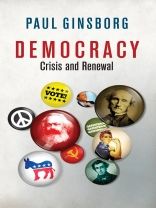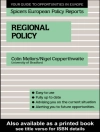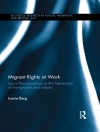Political parties have lost swathes of members and effective power is ever more concentrated in the hands of their leaders. Behind these trends lie changing relationships between economics, the media and politics.
Electoral spending has spiralled out of all control, with powerful economic interests exercising undue influence. The ‘level playing field’, on which democracy’s contests have supposedly been fought, has become ever more sloping and uneven. In many ‘democratic’ countries media coverage, especially that of television, is heavily biased. Electors become viewers and active participation gives way to mass passivity.
Can things change? By going back to the roots of democracy and examining the relationship between representative and participatory democracy, political historian Paul Ginsborg shows that they can and must.
Sobre el autor
Paul Ginsborg was born in London in 1945. He is currently Professor of Contemporary European History at the University of Florence and before that taught European Politics at the University of Cambridge. He writes for many international newspapers including the LRB and lives in Florence. His previous books include A History of Contemporary Italy (Penguin Press); followed by Italy and its Discontents 1981-2001 (Penguin Press) in 2002.












